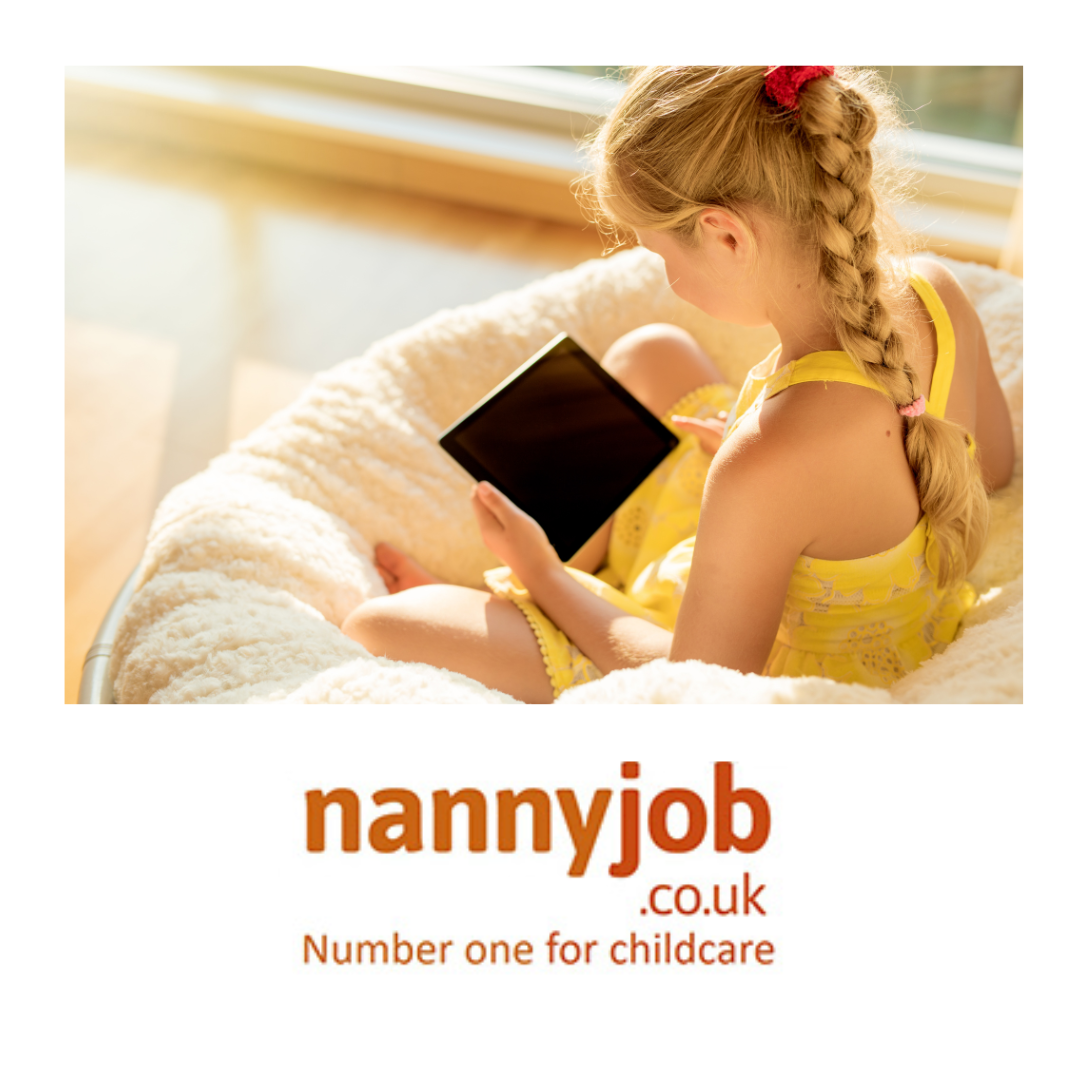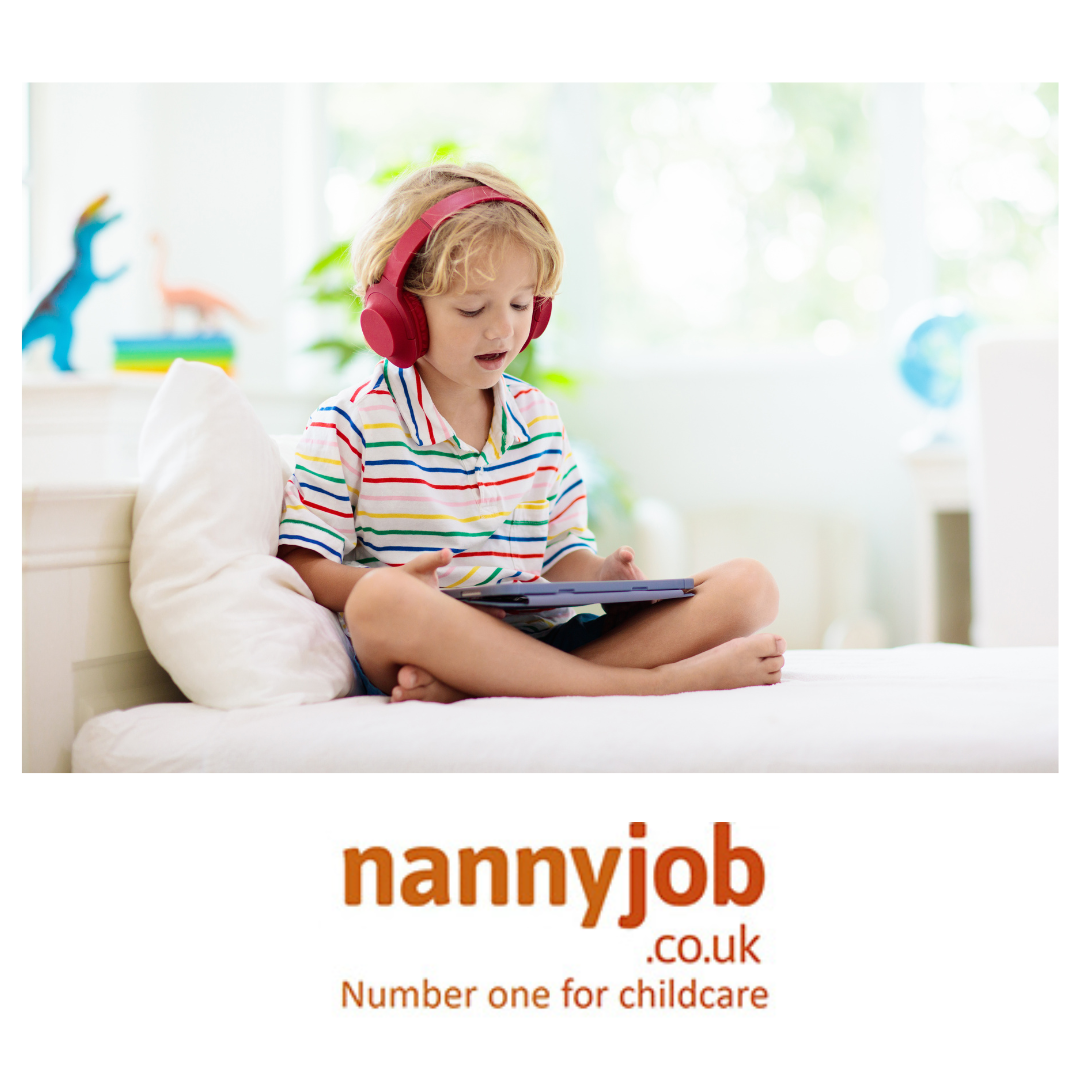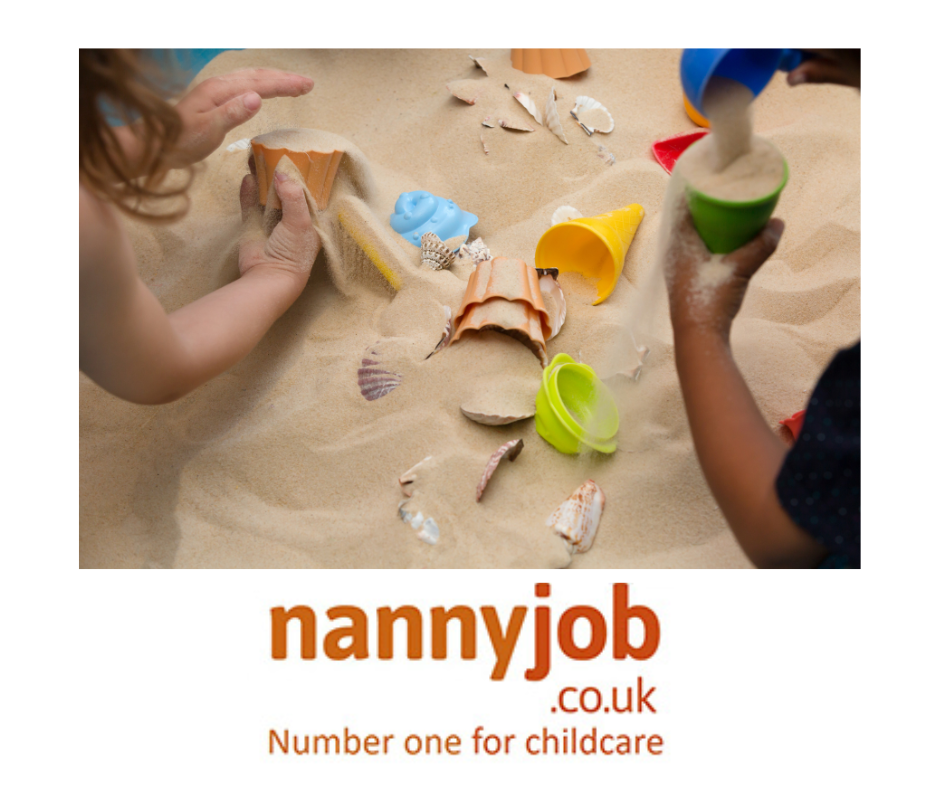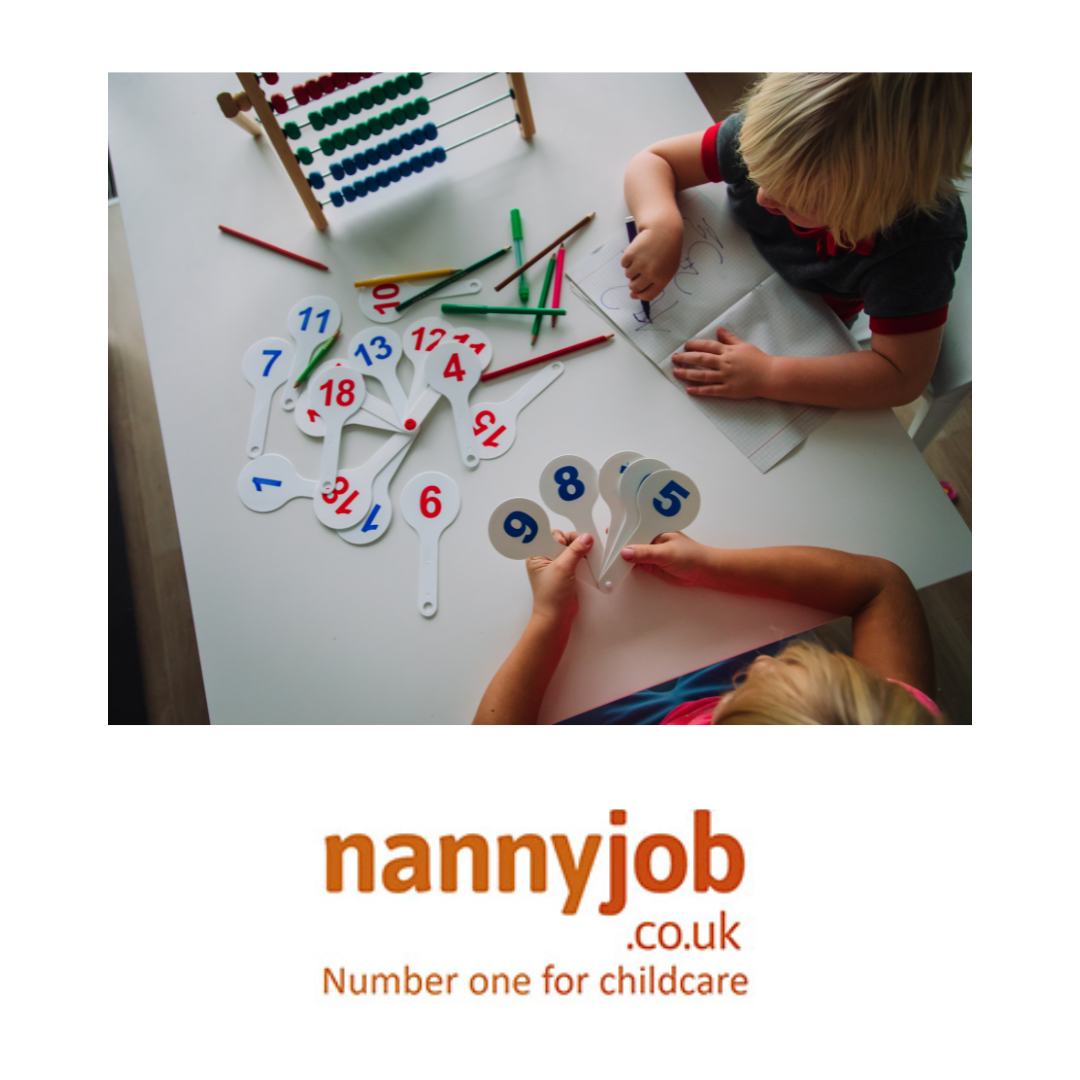In the ever-evolving digital landscape of 2024, tablets have become an integral part of children’s lives in the UK. From educational tools to entertainment hubs, these devices offer a plethora of opportunities for learning and growth. However, with great power comes great responsibility. As parents, caregivers, and educators, it’s crucial to make informed decisions about tablet use for children. Here’s a comprehensive guide to navigating the world of tablets for children in 2024.
Choosing the Right Tablet
Age-Appropriate Devices:
Tablet manufacturers now offer devices tailored to different age groups, with robust parental controls and age-appropriate content. For younger children, tablets with durable cases and intuitive, educational apps are ideal. Older children might benefit from devices that offer more advanced learning tools and controlled internet access.
Educational Value:
Look for tablets that support educational apps aligning with the UK National Curriculum. Many tablets come with pre-installed educational content, while others offer subscriptions to educational platforms. Prioritise devices that enhance your child’s learning experience.
Parental Controls:
Robust parental controls are non-negotiable. Modern tablets offer comprehensive control features, allowing parents to manage screen time, access to apps, and internet browsing. Choose a tablet that offers an easy-to-use parental control dashboard.
Setting Healthy Boundaries
Screen Time:
The debate around screen time is ongoing, but moderation remains key. Set clear boundaries for tablet use, ensuring it doesn’t interfere with physical activity, sleep, or face-to-face interactions. The Royal College of Paediatrics and Child Health provides guidelines but emphasizes the importance of a balanced approach tailored to each child.
Online Safety:
Educate your children about online safety. Discuss the importance of keeping personal information private, recognizing inappropriate content, and the permanence of online actions. Utilise the tablet’s parental controls to create a safe online environment.
Encouraging Creative Use:
Tablets can be powerful tools for creativity. Encourage your children to use tablets for creating art, music, coding, or even making their own videos under supervision. Apps that promote creativity can provide a more enriching experience than passive consumption.
Tablets and Mental Health
Mindful Usage:
Be mindful of the impact of tablet use on your child’s mental health. Excessive screen time has been linked to sleep issues and increased stress. Encourage offline hobbies and activities that promote mental well-being.
Social Connections:
While tablets can offer social connection via apps and games, they shouldn’t replace in-person interactions. Encourage children to balance their online social activities with real-world friendships and family time.
The Future of Tablets for Children
As we move further into the decade, we can expect tablets to become even more integrated into educational systems. Emerging technologies like augmented reality (AR) and virtual reality (VR) are set to enhance interactive learning experiences. Staying informed about these developments will help parents and educators maximize the benefits of tablets for children.
In 2024, tablets for children in the UK offer vast potential for enhancing learning and development. By making informed choices, setting healthy boundaries, and encouraging mindful use, we can ensure that these devices serve as valuable tools in our children’s growth and education.










